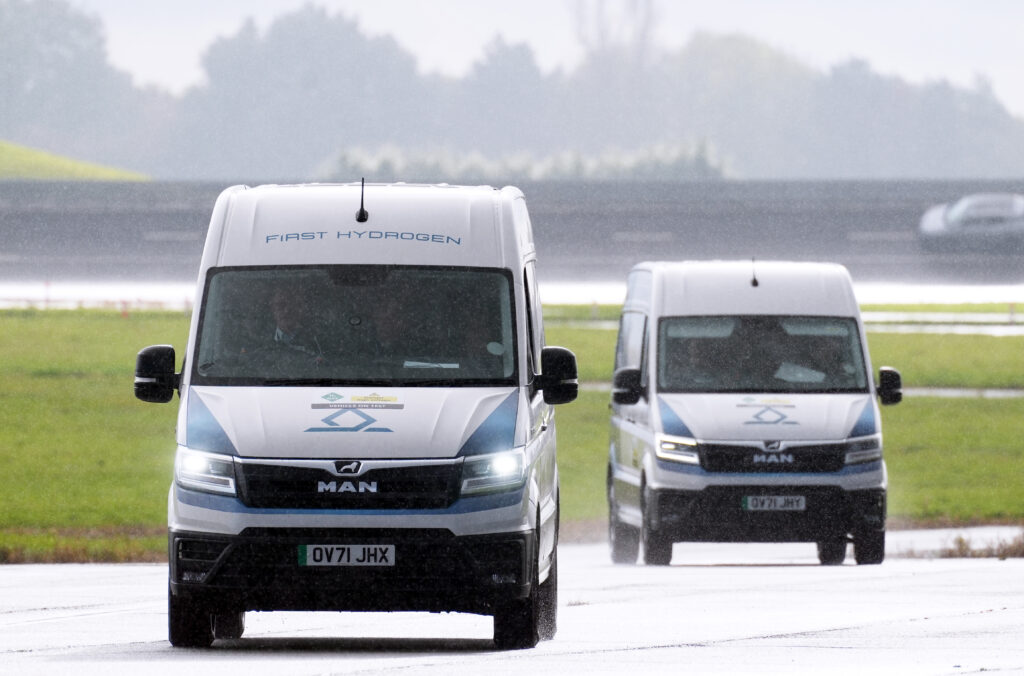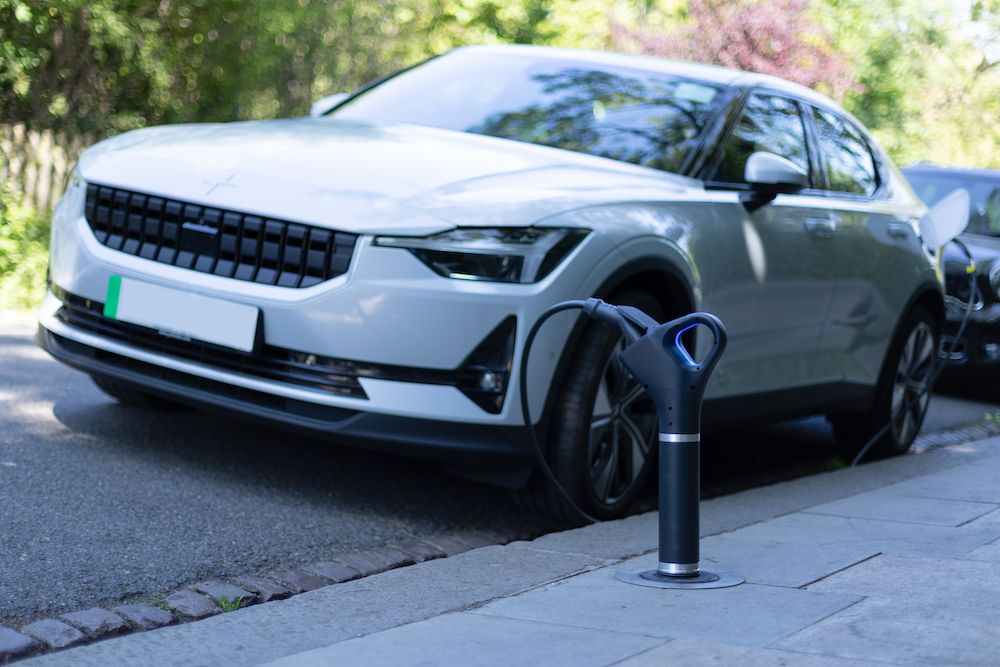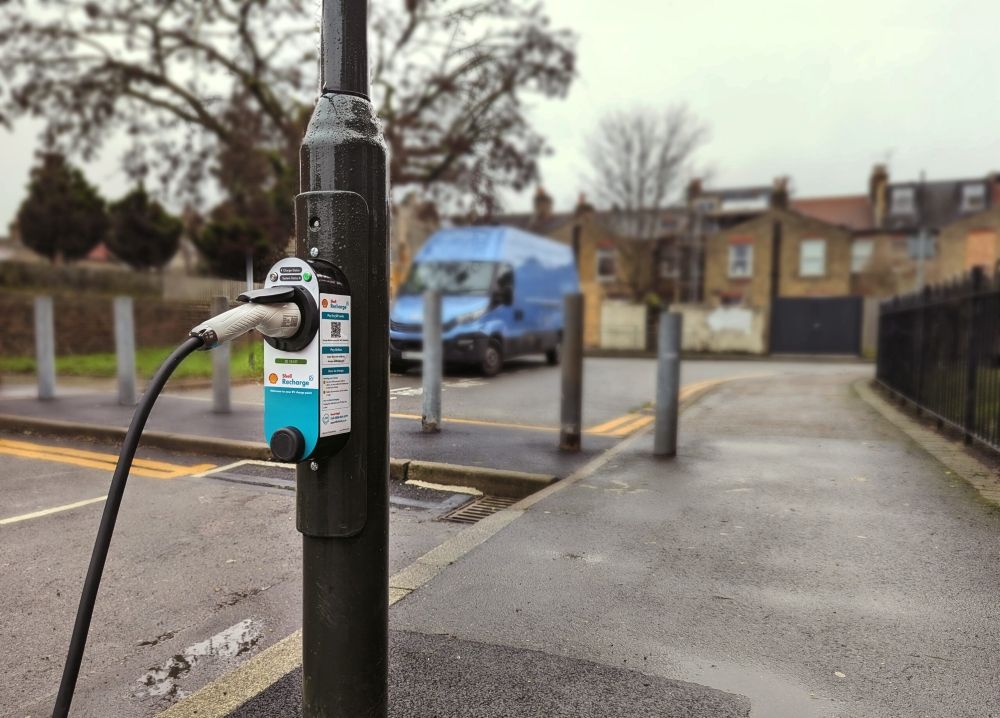Zero emissions automotive firm First Hydrogen hosted 21 UK fleet operators & industry specialists at a track event to test drive its hydrogen fuel cell-powered light commercial vehicles (LCV).
Attendees included fleet managers from the grocery sector, including Asda and Sainsbury’s, parcel delivery company DPD, NHS England, VINCI Group, mining organisation Anglo American, and Network Rail. Utilities providers including Wales & West Utilities, Northern Gas Networks, SGN & National Gas were also present.
The track day also drew interest from vehicle leasing and rental companies, with ARVAL (BNP Paribas Group), Novuna, and Redde Northgate attending, along with British motor trades residual value experts, Glass’s Guide.
The event gave operators a unique opportunity to get behind the wheel of a hydrogen fuel cell electric 3.5 tonne van (FCEV). Drivers each took the opportunity to drive on the track, simulating different duty-cycles and reaching speeds of up to 70 miles per hour.
Drivers also received a vehicle walk-round and under-the-hood viewing of First Hydrogen’s technology. The Company’s partner, Ballard Power Systems, was present alongside First Hydrogen engineers to help attendees understand how the vehicles’ fuel cells work.
First Hydrogen’s road trials with fleet specialists Rivus and energy company SSE plc have demonstrated the range the vehicles have – with a peak range of more than 400 miles (630km) on a single fuelling achieved during journeys from Aberdeen.
Steve Gill, CEO at First Hydrogen Automotive, said: “By engaging fleets in similar events, we are demonstrating our FCEV’s capabilities to an audience who are on the road to zero emissions and can see a role for First Hydrogen technology in achieving their targets.
“Their feedback will help us achieve buy-in from fleets, some of whom are likely to become our Development Partners, helping us shape our future business and ultimately becoming customers for our vehicles.”
Stephen Offley, Transport Manager at Wales & West Utilities, said: “We already know that hydrogen power will be essential to meet the critical range, payload and towing capabilities required by public utilities and other users, which cannot be met by battery electric vans.
“This experience shows that adoption could soon become a reality and will help operators to transition their whole fleets to zero emission technology.”
Image courtesy of First Hydrogen












